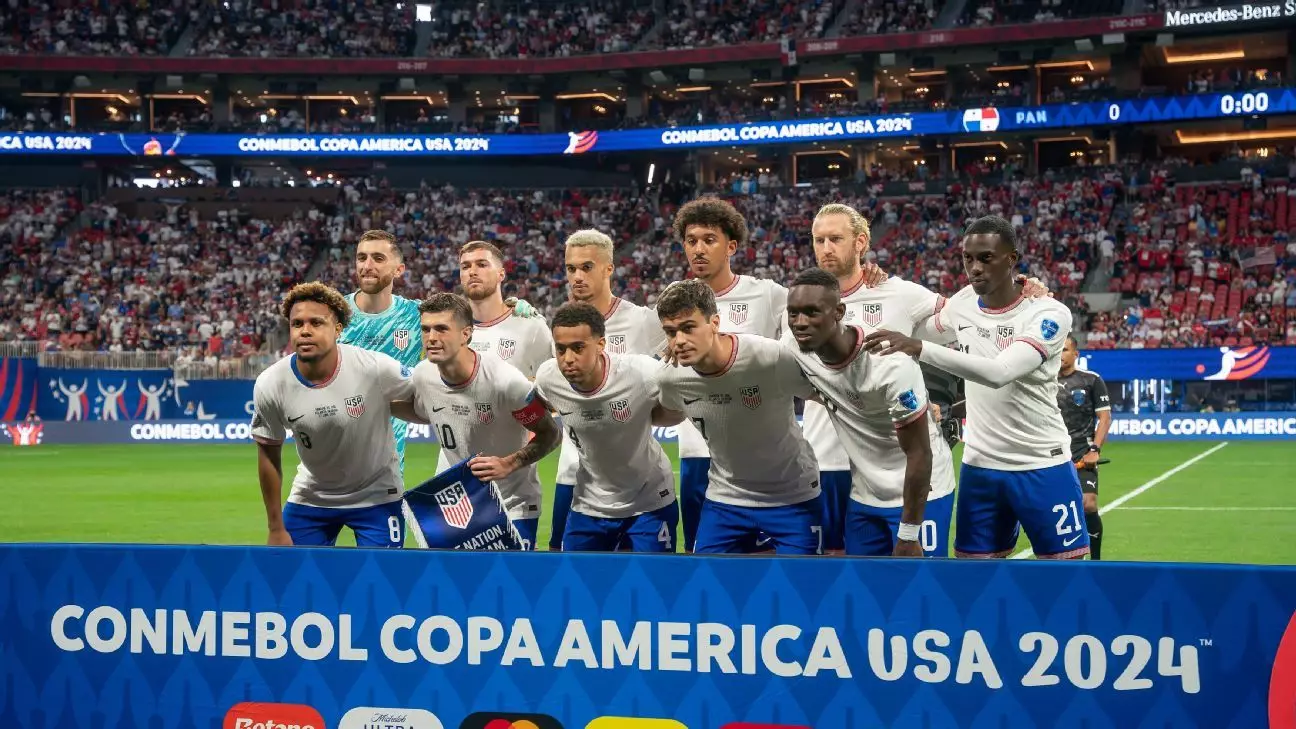Following a tough 2-1 loss to Panama in the Copa América, Tim Weah and other members of the U.S. national team found themselves facing more than just disappointment. They were subjected to racist abuse on social media, sparking outrage and condemnation from the U.S. Soccer Federation. The Federation expressed deep concern over the racist comments directed at its players and emphasized that such behavior has no place in the sport.
Tim Weah, a Black player, received a red card in the 18th minute of the game after an altercation with a Panama player. This early dismissal left the U.S. team shorthanded, and despite their efforts, Panama scored a late goal, jeopardizing the American team’s chances of advancing to the next round. The incident highlighted the challenges faced by players of color in dealing with discrimination and prejudice both on and off the field.
In response to the racist abuse, the U.S. Soccer Federation reiterated its commitment to combating racism and discrimination in the sport. The governing body condemned the hateful and discriminatory remarks made towards its players and emphasized the importance of respect and inclusivity in soccer. U.S. Soccer also announced that it would provide mental health services to any player or staff member who sought assistance in dealing with the emotional impact of the incident.
The U.S. Soccer Federation reported the racist abuse to CONMEBOL, the tournament organizers, in an effort to address the issue at a broader level. The incident involving Tim Weah served as a reminder of the persistent challenges faced by players of color in the sport and highlighted the need for greater awareness and action to combat racism in soccer. Weah himself issued a public apology for his actions on the field, expressing regret for his loss of composure and reaffirming his commitment to his team and his country.
Overall, the incident involving Tim Weah and the racist abuse directed at him and his teammates underscored the ongoing struggle to combat racism in soccer. It is imperative for all stakeholders, including players, coaches, fans, and governing bodies, to work together to create a more inclusive and respectful environment in the sport. Only through collective action and a zero-tolerance policy towards racism can we hope to eliminate discrimination and promote equality in soccer.


Leave a Reply